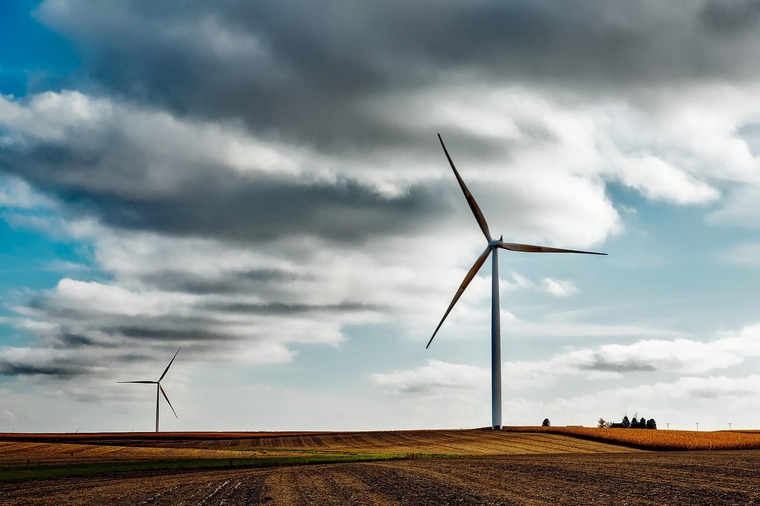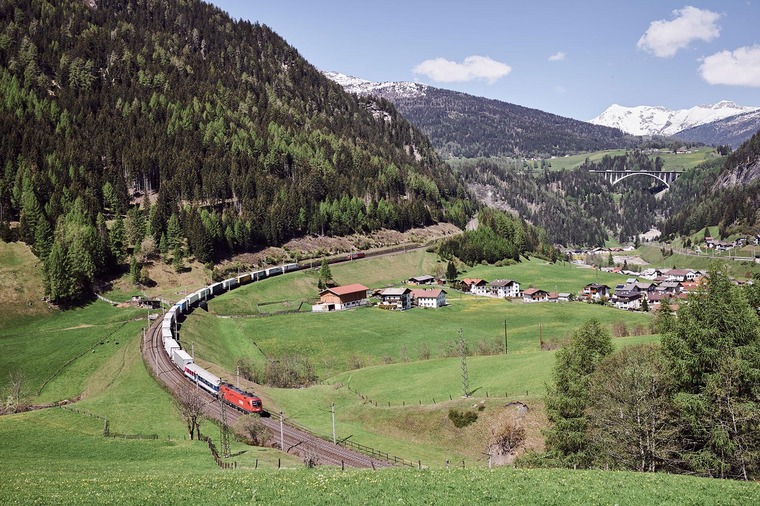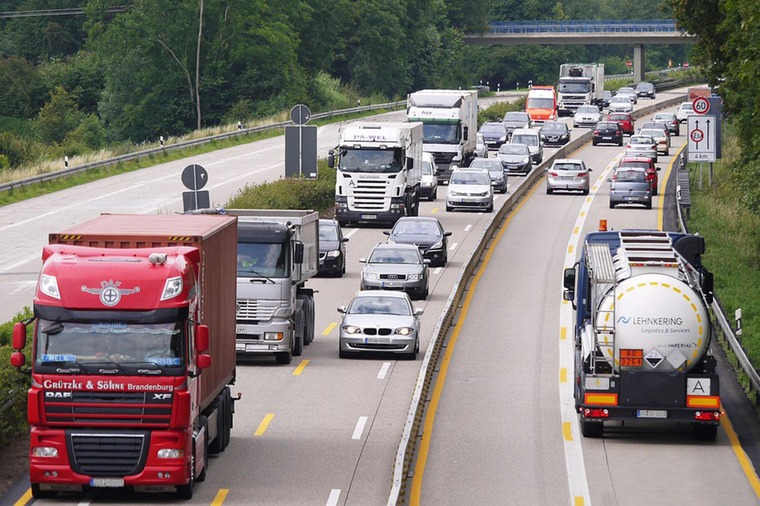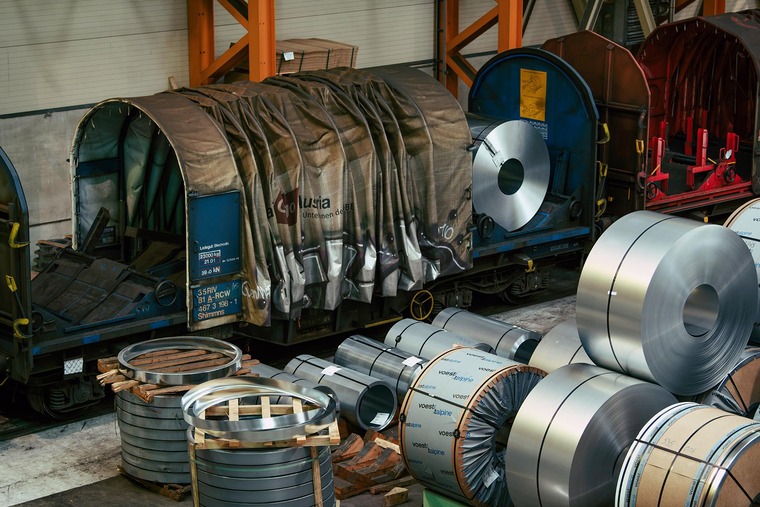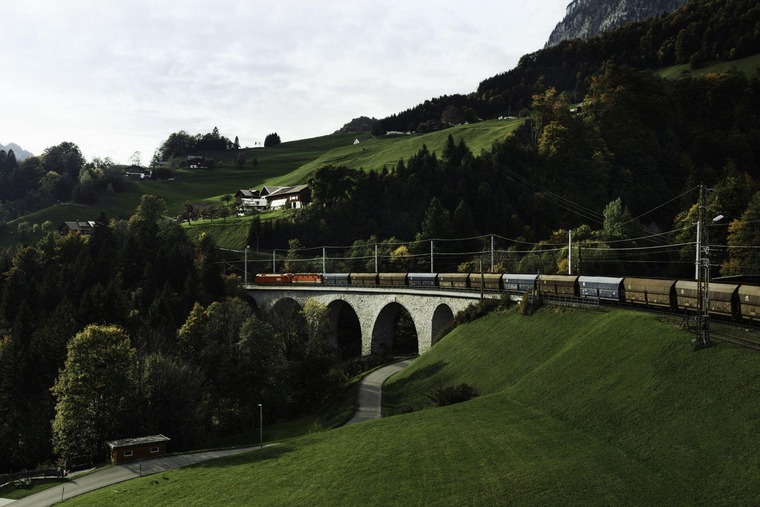Sustainability
5 reasons in favour of rail freight transport
24. 04. 2024
Rail transport is safer and more resource-efficient than any other means of transport. However, it is a masterpiece in freight transport: Rail is a true all-rounder and superior to trucks in many respects. In this article, we explain why rail is the way forward for freight transport.


